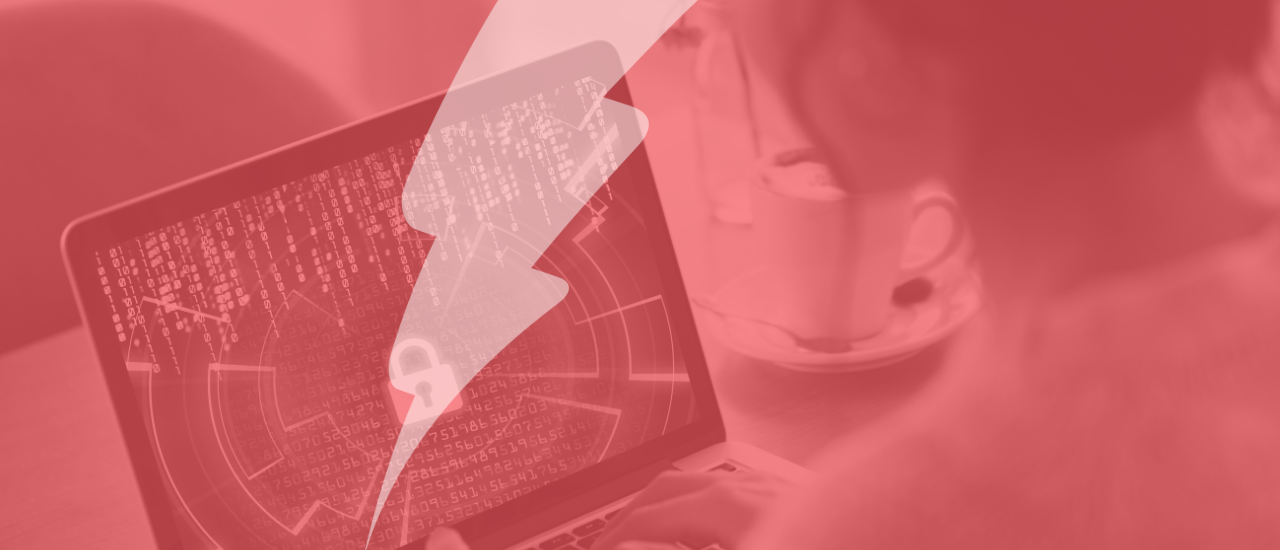October’s Cyber Security Awareness Month reminds us that small misconceptions can lead to big vulnerabilities.
For many universities, NGOs, and corporate learning teams, Moodle is mission-critical, but how you manage and maintain it determines how secure it truly is. The good news? Most risks can be reduced with a mix of good habits, practical knowledge, and community collaboration.
Let’s separate fact from fiction and share a few expert tips you can put into action today.
Myth 1: “Open-source software isn’t secure.”
Truth: Transparency is Moodle’s greatest strength.
Open source means that millions of eyes continuously review, test, and improve the code. Moodle’s public security model allows vulnerabilities to be found and fixed faster than in most closed systems. As the new Moodle Security Whitepaper puts it: “Security isn’t a feature, it’s the foundation.”
Catalyst Expert Tip
Stay informed. Subscribe to the Moodle Security Announcements forum so you are alerted when new patches are released. Review your Security Overview Report regularly, it can highlight potentially insecure changes to your configuration before they escalate into a problem.
Catalyst also provides security review services for clients who wish to install new plugins, and code management services to ensure your codebase is always up-to-date, regardless of whether you are hosted with us.
Myth 2: “We’re too small to be a target.”
Truth: Attackers automate; they don’t discriminate.
Bots constantly scan the web for outdated software, weak passwords, and unpatched plugins. Smaller organisations are often easier targets because they assume they are “under the radar.”
Catalyst Expert Tip
Patch early, patch often:
- Keep Moodle core and plugins updated.
- Apply updates as soon as security releases are published.
- Enable automated patching if possible.
- Monitor activity through Moodle logs or server-side tools to catch irregular patterns.
One of the key questions we often hear is: if open-source code is available for anyone to inspect, doesn’t that make it less secure?
In our article “How does open-source software stay secure?” Mark Johnson explores this question and introduces the principle of Responsible Disclosure, a process that helps open-source communities coordinate and respond to vulnerabilities responsibly.
Under a process of responsible disclosure, security issues are reported privately to a trusted group of maintainers within the project. The issue is then triaged to assess its severity. If it is deemed to be a serious issue, it will then be kept private while a fix is developed, and a release prepared. It is only at the time that the fix is released that details of the issue are made public. This minimises the time between attackers gaining the knowledge to exploit the issue, and users being able to patch their systems.
In Catalyst’s case, our status as a Premium Moodle Partner gives us access to details of security issues and their fixes before they are public. This allows us to ensure our clients’ systems are patched before they even know there was a problem. It even allows us to be the ones to develop the fix.
Most bots can only scan for security problems that are already publicly known. Even if you are not hosted with a Premium Moodle Partner, patching your site as soon as security releases are published ensures it will be safe once automated attacks incorporate recently disclosed vulnerabilities into their databases.
Responsible disclosure highlights one of open source’s greatest strengths: collaboration backed by transparency. With trusted partners like Catalyst actively contributing to the security process, open-source platforms such as Moodle can often identify, resolve, and release fixes faster than many proprietary alternatives, keeping users safer across the board.
Myth 3: “Hosting in-house gives us more control.”
Truth: Real control comes from visibility, consistency, and expertise.
Self-hosting can work, but it requires deep technical oversight. The biggest risk isn’t who owns the server, but who’s monitoring it. Moodle’s whitepaper says: “Hosting is not just a technical decision, it is a security decision.”
Catalyst Expert Tip
Audit your hosting setup twice a year:
- Are backups automated and regularly tested?
- Is SSL encryption active on all pages?
- Are updates applied automatically or manually?
- Who has administrative access, and is it reviewed regularly?
Automated monitoring, regular audits, and clear alerting processes help your team to stay ahead of issues. Tools like Catalyst’s Heartbeat Check plugin extend that capability by integrating with your monitoring platform, offering early insights into both performance and security health of your site. Whether you host in-house or with a trusted partner, building this kind of observability is fundamental to keeping your Moodle site secure, stable, and responsive to change.
Myth 4: “Strong passwords are enough.”
Truth: Passwords are only your first line of defence.
Even a complex password can’t stop a phishing email or a compromised device. That’s why modern Moodle releases include multi-factor authentication (MFA) and stronger password protection by default.
Catalyst Expert Tip
- Enable MFA for all user accounts, not just admin and teaching staff.
- Combine with Moodle’s password policy and reCAPTCHA to prevent brute-force attempts.
- Audit user accounts each term to remove inactive or duplicate accounts.
- Encourage users to avoid password reuse across systems.
While a strong password policy is an effective layer of defence against unauthorised access. Weak or reused passwords remain a leading cause of data breaches, so Moodle administrators should ensure users are guided, and sometimes required, to adopt secure practices.
In our Plugin Spotlight article “Smarter Signup Security for Moodle Admins” we recommend using the Moodle Registration Rules plugin to introduce additional layers of security around user registration. This allows administrators to define conditions such as email domain restrictions, CAPTCHA challenges, and custom validation rules to reduce the risk of automated or malicious signups.
Another essential plugin is Catalyst’s Password Validator, which gives Moodle sites granular control over password policies. It lets administrators enforce password length, complexity, and even the exclusion of commonly used or compromised passwords. By aligning password requirements with modern security standards, the plugin helps ensure that every user credential contributes to the overall resilience of the site.
Together, these tools strengthen Moodle’s built-in authentication system and help administrators strike the right balance between usability and security.
Myth 5: “Security is an IT problem.”
Truth: Security is everyone’s responsibility.
From lecturers uploading resources to students submitting assignments, every action affects platform safety. A careless upload or outdated plugin can introduce vulnerabilities.
Catalyst Expert Tip
Key actions to promote shared security responsibility:
- Build awareness across your organisation.
- Run phishing recognition workshops and simulated exercises.
- Set clear plugin approval processes and review code regularly.
- Encourage shared responsibility across IT, learning technologists, and teaching staff.
Security starts with awareness. Staff at all levels should understand how their actions affect the platform, from uploading resources to managing user access. Regular reminders and campaigns help reduce mistakes that can create vulnerabilities.
Training on phishing recognition is essential. Teaching staff to spot suspicious emails, links, and requests for sensitive information, reinforced with controlled simulations, builds confidence and strengthens a culture of vigilance.
Only install plugins from trusted sources and establish a clear approval process. If you have in-house expertise, review plugin code before installation and with every upgrade, even for well-known plugins, to prevent hidden security risks.
Finally, security is a shared responsibility. When IT teams, learning technologists, and teaching staff all understand their roles in monitoring, reporting and managing risks, your whole organisation, Moodle site becomes far more resilient and secure.
Open collaboration keeps Moodle secure
Open source doesn’t mean you’re on your own. It means you are part of a global security network. Every contribution, from patch submissions to plugin updates, strengthens the ecosystem and helps keep everyone safer.
As Joey Murison noted in our “Why Contributing to Open Source Matters” blog post:
You’ve got all of these features for free, but they weren’t free; people had to do the work.
That captures the spirit of Moodle security: shared responsibility and open collaboration. Cybersecurity isn’t a one-time action; it’s a continuous habit. By staying updated, reviewing configurations, and actively engaging with the Moodle community, you are not just protecting systems; you are protecting trust, reputation, and the learning experience of every user on your platform.
Ready to take action? Speak to our team. We’ll help you review your Moodle setup and take the next step towards a secure, stable, and scalable platform.
With Catalyst, you have the Freedom to Innovate.

